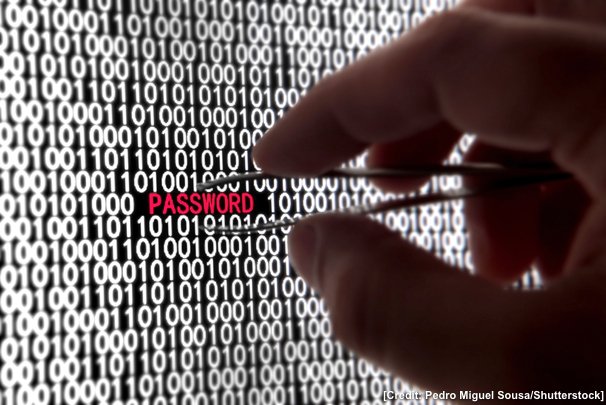Online Security - Encryption and Passwords

Everyone uses passwords. Everyone also uses encryption daily, but most people don't know it. What we also don't know is that even with three-fourths of all internet traffic being encrypted, we still don't do it enough. And I don't need to tell you that most people's passwords are way too easy to crack. Here's how to prevent yourself from becoming a victim to attacks on your communications and passwords.
Encrypt your internet traffic
Have you ever seen a green lock at the top left of your browser, next to the link? That signifies that your traffic to and from this website is secured through encryption via SSL (HTTPS). If you can see a lock, then you're all good. If not, you're in trouble. The thing is, if your internet traffic is not encrypted (which means it is HTTP and not HTTPS), anyone can launch what is called a "man-in-the-middle" attack and see everything you do on that website. Yep, everything.
You can prevent this by installing a browser addon called HTTPS Everywhere. This addon forces all traffic through your web browser to be encrypted. A VPN, which I mentioned in my previous posts (see last paragraph for links), also encrypts your internet traffic.
Utilize strong passwords
This is a pretty obvious one. Most people don't want to do this because they don't want to change stuff. I completely understand, but what you must understand is that you'll have more than just the chore of changing passwords to do when someone cracks your passwords.
The easiest way to create and manage strong passwords is through a password manager. Here is a list of some good ones.
Encrypt your communications
Encrypting your communications is key to securing sensitive or personal information. This is much easier than you would think. It's as simple as installing a few apps. Conversations (Android only) is my personal favourite, along with ChatSecure (also Android only). Here is a list of a few other good ones (which are also multi-platform).
As for secure emails, I talked about good email providers in previous posts (scroll down to last paragraph for links). Now let's talk about adding another layer of security and encryption to your emails. Using PGP, you can encrypt your emails in such a way that only the intended receiver can read the email. GnuPG makes it easy to do so. I won't explain much here, since it will take up too much space and probably bore you anyway.
Extra steps
Here are a few extra steps you can take:
Encrypt your files
Encrypt your cloud storage
Encrypt your internet browsing
Encrypt your DNS
Thanks @dhumphrey ...for me a very decent post. If you are any good at cryptocurrency especially around wallet protection etcetera I would love to hear how I can ensure my cryptocurrencies will remain mine. At present I just leave them in the exchange wallet ... but as we found out recently that is not ideal.
I'm not experienced at all in that area, but I'll do some research and see if I can do a post about it sometime. Thanks for the suggestion!